
Vinay Lal

Showing all 15 books
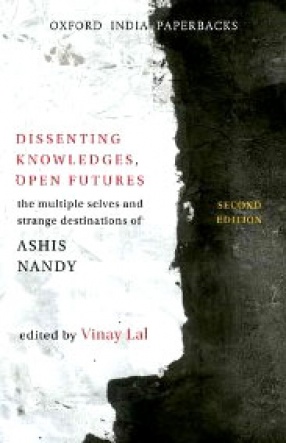
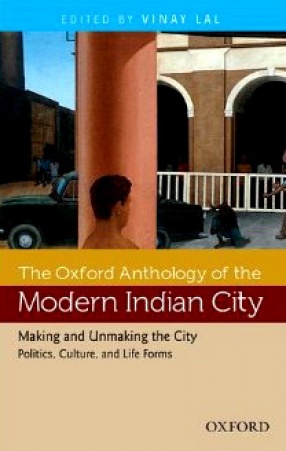
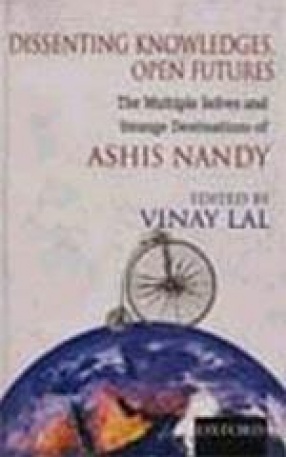
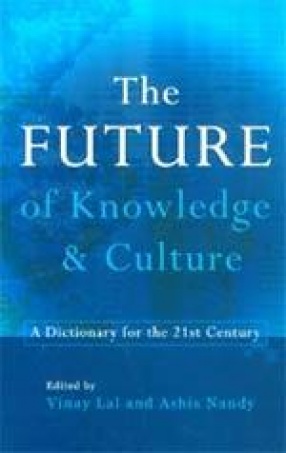
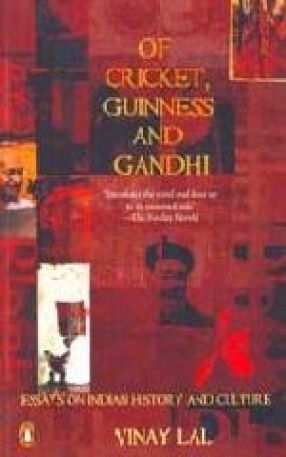

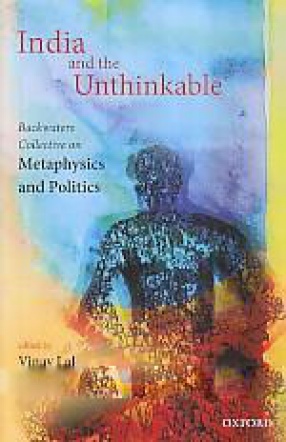

Ashis Nandy has occupied a distinct and unrivaled place in the intellectual life of India over the course of the last three decades. He is unquestionably the country's most exciting, and perhaps its most controversial, thinker. He has been described variously as a cultural psychologist, futurist, political theorist, cultural critic, and much else. What is certain is that his writings on secularism, the Indian state, and contemporary Indian society have ...
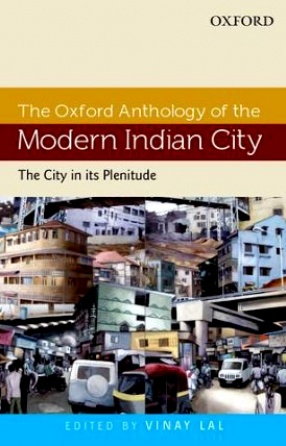
The city has had a long history in India, from the urban civilization of the Indus Valley in 2500 BCE to the megalopolis found in contemporary India. This is the first anthology of the city in India since around 1800, with an accent on the twentieth century. Drawing on fiction, poetry, essays, travel narratives, and scholarly studies in history, anthropology, and cultural studies, this two-volume anthology presents insights into the city with a mix of readings ...

The city has had a long history in India, from the urban civilization of the Indus Valley in 2500 BCE to the megalopolis found in contemporary India. This is the first anthology of the city in India since around 1800, with an accent on the twentieth century. Drawing on fiction, poetry, essays, travel narratives, and scholarly studies in history, anthropology, and cultural studies, this two-volume anthology presents insights into the city with a mix of readings ...
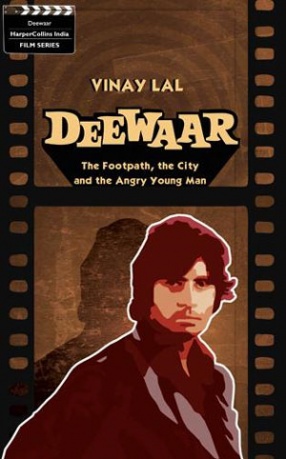
Yash Chopra’s 1975 film, Deewaar, one of the most iconic and influential works of superstar Amitabh Bachchan, has been (to borrow a line from the film itself) the ‘lambi race ka ghoda’, enjoying a nearly unrivalled popularity in the long history of Hindi cinema. Its remarkable plot, crisp dialogues and epic narrative structure, revolving around the familiar story of two brothers whose paths diverge and lead to a fatal collision, have endeared it ...
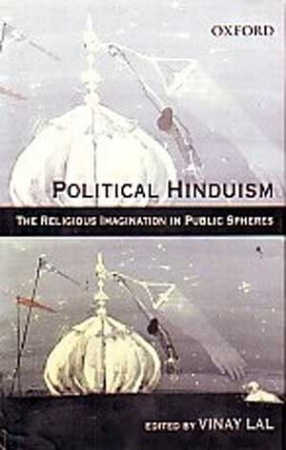
Papers presented at the Conference on Political Hinduism, held at Los Angeles in May 2005.
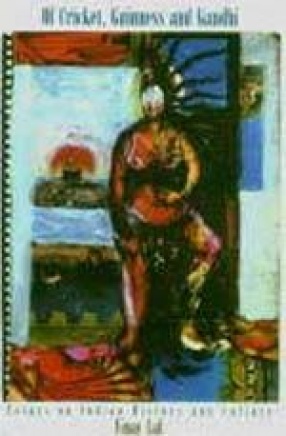
The eight essays that comprise this book offer a ‘dissenting, futurist, and hermeneutic’ perspective on Indian civilization and various aspects of the modern cultural history of India. Feminism, subaltern studies, postcolonial theory and cultural studies have helped to pose new and important questions about our knowledge of India, but there has been insufficient engagement with local forms of knowledge, and with the non-modern, ahistoricist, mythic, ...

Writer, thinker, public intellectual, human rights activist--Ashis Nandy occupies an extraordinary place in the public life of India. The author of many groundbreaking works, he enjoys wide readership, and is one of the world's leading cultural theorists. Nandy's work covers a vast terrain and has offered some of the most trenchant critiques of the modern nation-state system, the supposed rationality of science, the pretensions of development, and the zero-sum ...
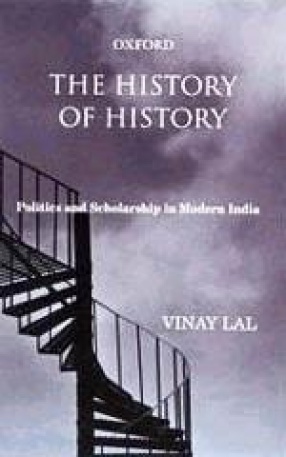
There has long been a view that historical thinking was never prized much in India. This study of the politics of history-writing explores the ascendancy of history, offering a nuanced account of how historical thinking, and the discipline of history, began to assume importance in colonial and independent India. Along with discussions of the role of historians in the dispute over the now-destroyed Babri Masjid and the so-called ‘saffronization’ of history ...

The twentieth century was for the most part an unfolding of the nineteenth, but the twenty-first century is a time of open ended transition. This remarkable book attempts to provide a cartography of the contemporary global framework of knowledge and culture that can tell us where we’ve arrived in the new millennium, and where we are beaded. It is organized around some of the ideas, products and practices that constitute everyday life. The Future of Knowledge ...

Feminism subaltern studies, postcolonial theory and cultural studies have helped to pose new and important questions about our knowledge of India. But there has been insufficient engagement with local and vernacular elements of Indian civilization. Of Cricket, Guinness and Gandhi is an attempt to establish a tradition of modern Indian criticism in this regard. The eight engaging essays in this book cover a wide rang of cultural phenomena and offer a sweeping ...

After the disintegration of the Soviet Union, the Americans proclaimed the arrival of a "new world order." But the disparities between the First World and the Third World continue to grow apace. Crippling problems such as poverty, dwindling resources, unemployment, illiteracy, "brain drain," environmental devastation, gender inequities, pollution, exponential growth of the urban population, and lack of medical care and facilities, among ...
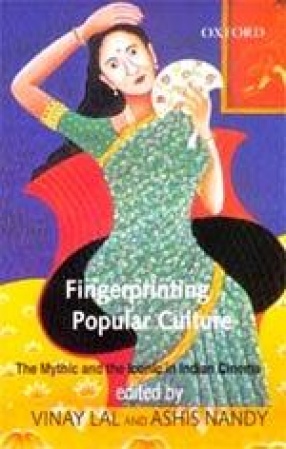
Popular cinema is a particularly potent political and cultural document in highly diverse societies, where the audiovisual can cut across barriers of language and region, cultural and class. This book explores the extent to which Indian popular cinema offers a fresh view of South Asian public life while being a distinctive response to the new political presence of the changing culture of the urban middle classes in the region. The book works with the stretched ...

Cultural studies has dared to ask certain nasty questions about the civility of western civilization, and it has informed the study of the humanities and some of the less recalcitrant social sciences with pointed questions about the place of race, gender, class, ethnicity, and sexual preference in the construction of narratives. The ferment created by cultural studies can be seen in most disciplines, most clearly in writings by and women, and in the emergence of ...
